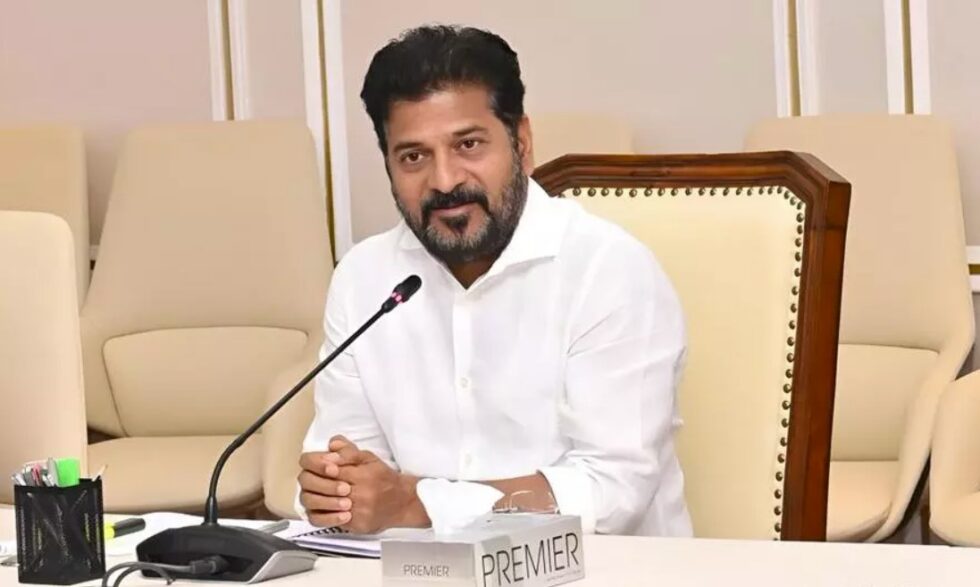
In a significant move that is poised to grab national attention, Telangana Chief Minister Revanth Reddy is set to lead a delegation to Delhi, aiming to stage a protest demanding an increase in reservation for Backward Classes (BCs) to 42% in local elections, education, and employment opportunities. The proposed protest underscores a long-standing issue at the heart of Indian socio-political landscape – the reservation policy, which has been a subject of extensive debate and contention across the country.
The demand for heightened reservation for BCs comes against the backdrop of persistent calls for more inclusive policies to address historical injustices and inequalities faced by certain communities. Revanth Reddy’s leadership in this protest marks a pivotal moment in Telangana’s political arena, as it seeks to challenge and expand the existing framework of reservation in India. The Chief Minister’s office has outlined that the protest is not merely a political maneuver but a fight for the rights of the backward classes, aiming to ensure fair representation and equal opportunities in various sectors.
In anticipation of the protest in Delhi, there has been a wide range of reactions. Supporters argue that increasing the reservation quota is essential for achieving social justice and equality, while critics fear it could lead to further divisions and undermine meritocracy. The central government’s stance on this demand is yet to be seen, and the outcome of this protest could have far-reaching implications for reservation policies across India.
As the delegation prepares for their journey to the capital, the nation watches closely. The event is not just a political statement but a manifestation of the ongoing struggle for social equity and representation in India’s democracy. The outcome of this protest could potentially reshape the conversation around reservation policies in the country, influencing future legislative and social reform.









